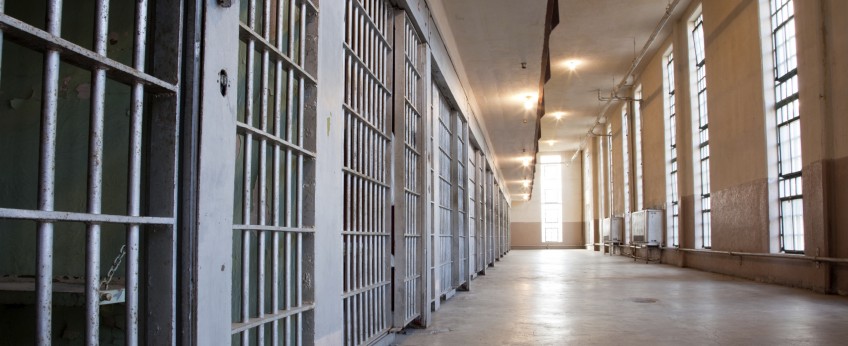Pew Notes a Number of States Are Examining Growing Prison Populations
The United States currently has the “highest incarceration rate in the world” and many states are examining ways in which to reduce their prison population. For example, Maryland, Alaska and Rhode Island are considering expansive criminal justice reform policies that “would ease some of the punitive policies of the 1980s and ‘90s, especially when it comes to drug offenders.” Lawmakers are considering recommendations from a wide variety of sources, including outside groups such as the Council of State Government (CSG) and The Pew Charitable Trusts. States are beginning to realize the tremendous costs of incarcerating so many individuals and the resulting compounding negative effects that impact all of society. Particularly, regarding those individuals deemed non-violent, low risk offenders; states are asking, “Can we get a better return on our investment?”
In Alaska, the State’s Criminal Justice Commission released a report in December of 2015 that recommended limiting prison beds to those who committed serious or violent offenses. They also advocated for reclassifying certain drug offenses as misdemeanors, while simultaneously reclassifying many of the lowest level misdemeanors as violations punishable by a fine. Additionally, bills in several states such as Florida, Massachusetts and Virginia, would either eliminate mandatory minimum sentences or permit judges to have more flexibility to depart from mandatory minimums if they do not believe the punishment is commensurate with the crime.
ALEC has model policy directly concerning this issue. The Justice Safety Valve Act seeks to grant “sentencing judges with discretion to depart from mandatory minimum sentences for nonviolent offenders who meet specified criteria.” These criteria ensure offenders are low-risk and would not jeopardize public safety while simultaneously allowing for commonsense alternatives to lengthy, expensive sentences.
Certain states are considering ways to remove some of the barriers that make it difficult for individuals to obtain jobs once released from prison. Several states have a version of “ban the box” legislation, which prevents employers from asking about prior convictions on job applications. Many of these states have a “ban the box” policy that applies to potential state employers, but not private employers.
ALEC also has a “Ban the Box” model policy, which prevents state employers from asking a potential employee if they have a prior felony conviction. The rationale behind this policy is that an employer would be more likely to give an individual a second chance once they get to meet with them. This comports with the effort to make it easier for those who have criminal records to better integrate back into society.
ALEC is excited these issues are being addressed by numerous states for the purpose of reforming their criminal justice system.

